
While much of the recent news concerning the hemp industry has centered on legislation at the state and federal levels to improve regulatory guidelines governing the young and burgeoning American hemp market, other governmental agencies are attempting to strengthen the battered and bruised agricultural and plant medicine sector.
According to Marijuana Moment, last Friday, the U.S. Department of Agriculture (USDA) awarded $745,000 to the National Industrial Hemp Council of America (NIHC) under its Regional Agricultural Promotion Program (RAPP), which is dedicated to expanding global exports of American agricultural commodities.
"We extend our gratitude to the USDA for recognizing the vital role of industrial hemp in global export markets. This funding is crucial for advancing the industry through NIHC's efforts to promote U.S. hemp as a safe, high-quality, and sustainable commodity used in various products, from clothing to building materials to fuels," NIHC President and CEO Patrick Atagi said.
"We extend our gratitude to the USDA for recognizing the vital role of industrial hemp in global export markets. This funding is crucial for advancing the industry through NIHC's efforts to promote U.S. hemp as a safe, high-quality, and sustainable commodity used in various products, from clothing to building materials to fuels."
- NIHC President and CEO Patrick Atagi
USDA officials say the program "aims to diversify and expand market opportunities for U.S. food and agricultural products beyond the traditional top customers" from countries like Mexico, China, Canada, and the European Union.
"Instead, RAPP will focus on enhancing U.S. exports to new markets in parts of the world—including South and Southeast Asia, Latin America, the Middle East, and Africa—where the middle class is growing and the desire for high-quality food and farm products is increasing," a USDA spokesperson said.
"Instead, RAPP will focus on enhancing U.S. exports to new markets in parts of the world—including South and Southeast Asia, Latin America, the Middle East, and Africa—where the middle class is growing and the desire for high-quality food and farm products is increasing."
- USDA Spokesperson
The NIHC is just one of 66 organizations receiving grant money from the RAPP program this year. In 2020, the department awarded the NIHC a $200,000 grant for a different program designed to elevate the crop's domestic and international profile.
In addition, the USDA appointed three executive members of the hemp association to various boards of its Agricultural Technical Advisory Committee (ATAC), which provides the federal government with technical advice regarding specific agricultural commodities and product offerings.
The announcement comes at a uniquely precarious time for the hemp industry, which ironically enjoyed an unexpected and welcome financial renaissance in 2023, with revenues totaling north of $28 billion.
However, that pleasant economic surprise could be short-lived as state legislatures and Congress consider new legislation to restrict severely and, in some cases, outright ban several popular intoxicating hemp derivatives (IHDs), like delta-8 THC and others.
One particular piece of congressional legislation that could effectively extinguish the IHD product market is the proposed Farm Bill renewal, which is currently undergoing committee hearings in both chambers of Congress.
While the Senate has yet to formally release the draft text of their version of the trillion-dollar agricultural spending bill, the House version includes the divisive Miller amendment, which is being viewed as a veritable death sentence for the lion's share of the multi-billion dollar industry, including the massive CBD market.
The proposed amendment would federally ban products containing detectable amounts of THC along with any cannabinoid "synthesized or manufactured outside of the plant." Miller's amendment would also redefine hemp under federal law as any cannabis plant with 0.3% or less delta-9 THC, including tetrahydrocannabinol acid, or THC-A, the biosynthetic precursor to THC that becomes intoxicating THC when heated.
"I am offering an amendment to close the loophole that legalized intoxicating hemp products like 'Delta-8,' which is being marketed to teenagers and children. These drug-infused products are often sold in colorful packaging next to candy and snacks, which parents strongly oppose," Miller said in a message posted to the social media site X.
"I am offering an ammendment to close the loophole that legalized intoxicating hemp products like 'Delta-8,' which is being marketed to teenagers and children. These drug-infused products are often sold in colorful packaging next to candy and snacks, which parents strongly oppose."
- U.S. Rep. Mary Miller (R-IL)
In a statement about the proposed Farm Bill amendment, U.S. Hemp Roundtable General Counsel Jonathan Miller urged its defeat by House lawmakers, saying, "By federally banning all ingestible hemp products with any quantifiable level of THC, the Mary Miller Amendment would result in federal prohibition of 90-95% of all hemp products on the market, even a large majority of popular, non-intoxicating CBD products that naturally contain trace, non-intoxicating amounts of THC in them."
"By federally banning all ingestible hemp products with any quantifiable level of THC, the Mary Miller Amendment would result in federal prohibition of 90-95% of all hemp products on the market, even a large majority of popular, non-intoxicating CBD products that naturally contain trace, non-intoxicating amounts of THC in them."
- U.S. Hemp Roundtable General Counsel Jonathan Miller
With both sides of the polarizing issue bracing for imminent legislative clashes ahead, the news of funds, small as they may be, allocated to promote and encourage the hemp industry's continued growth and expansion globally is welcome news for market advocates and stakeholders. How much of an industry will be left to promote once the dust from the Farm Bill and other state battles settle is an entirely different question—one that will need answers sooner rather than later.


























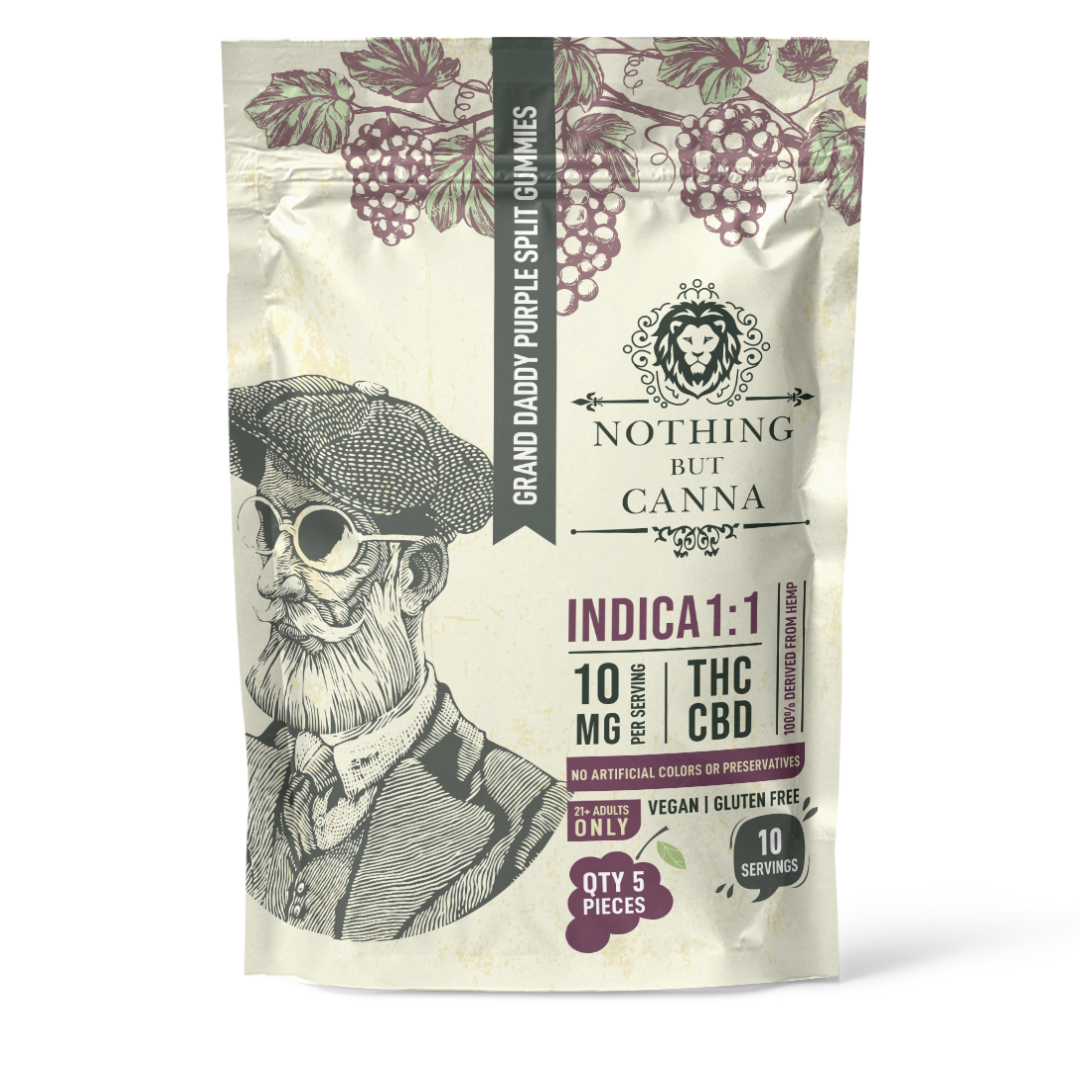


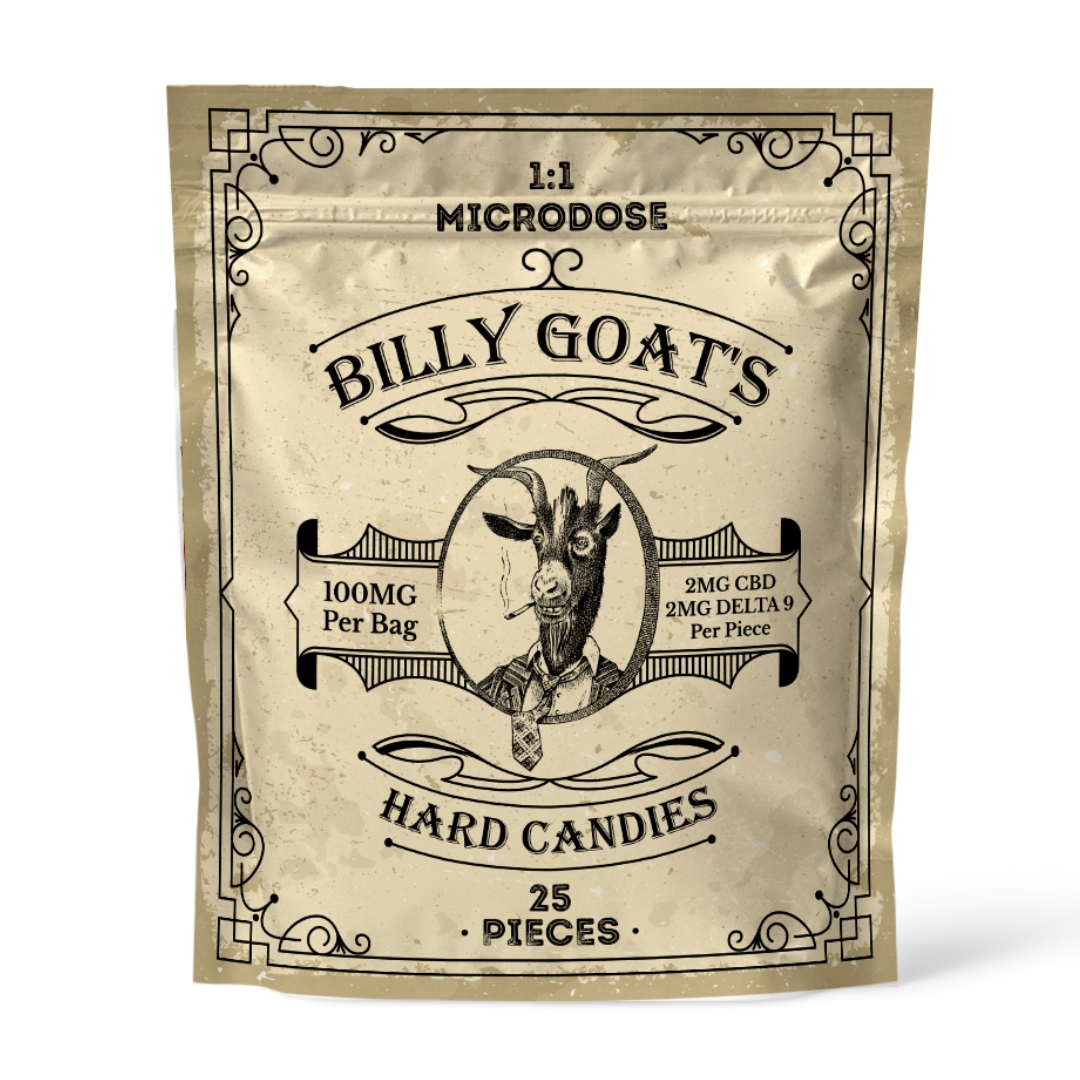
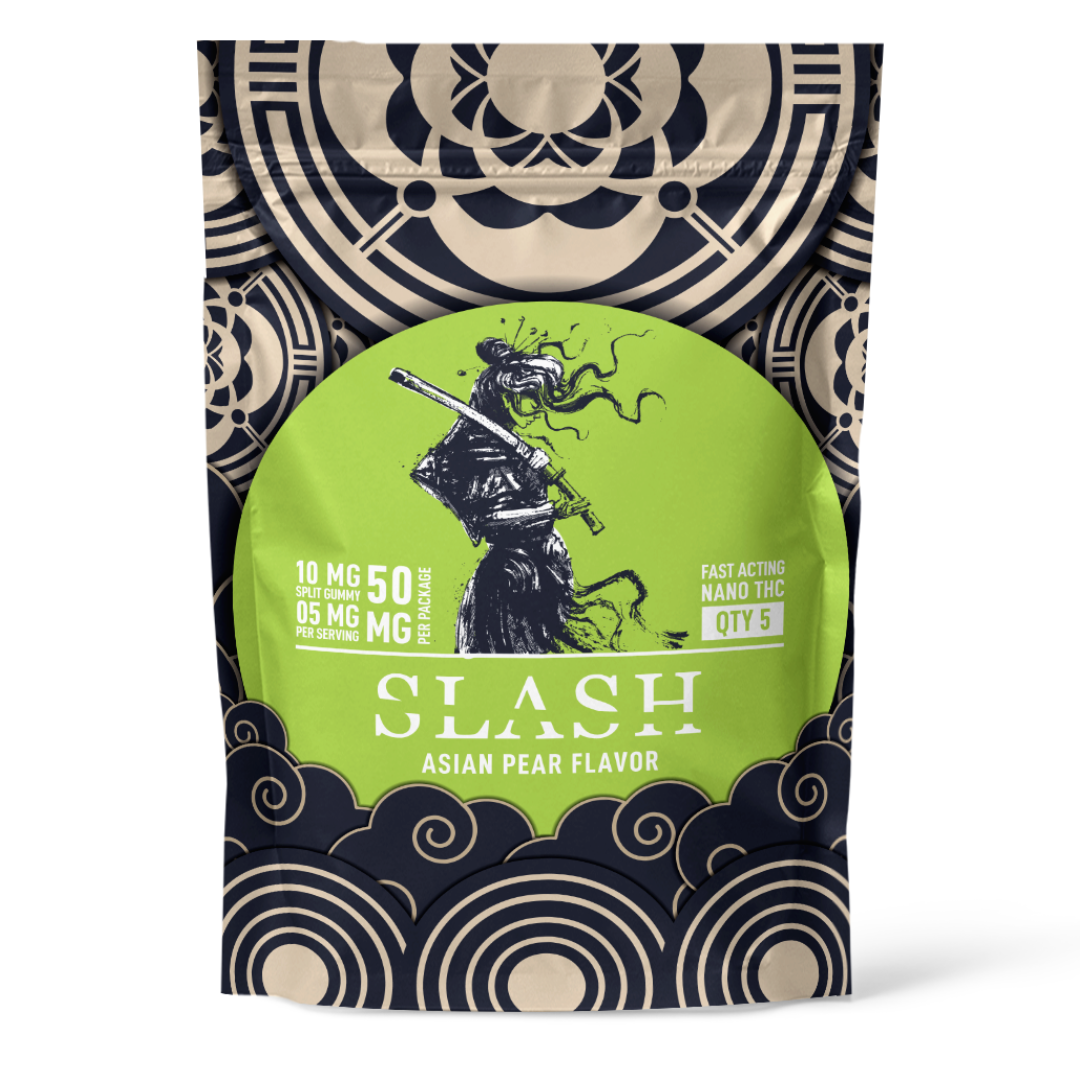
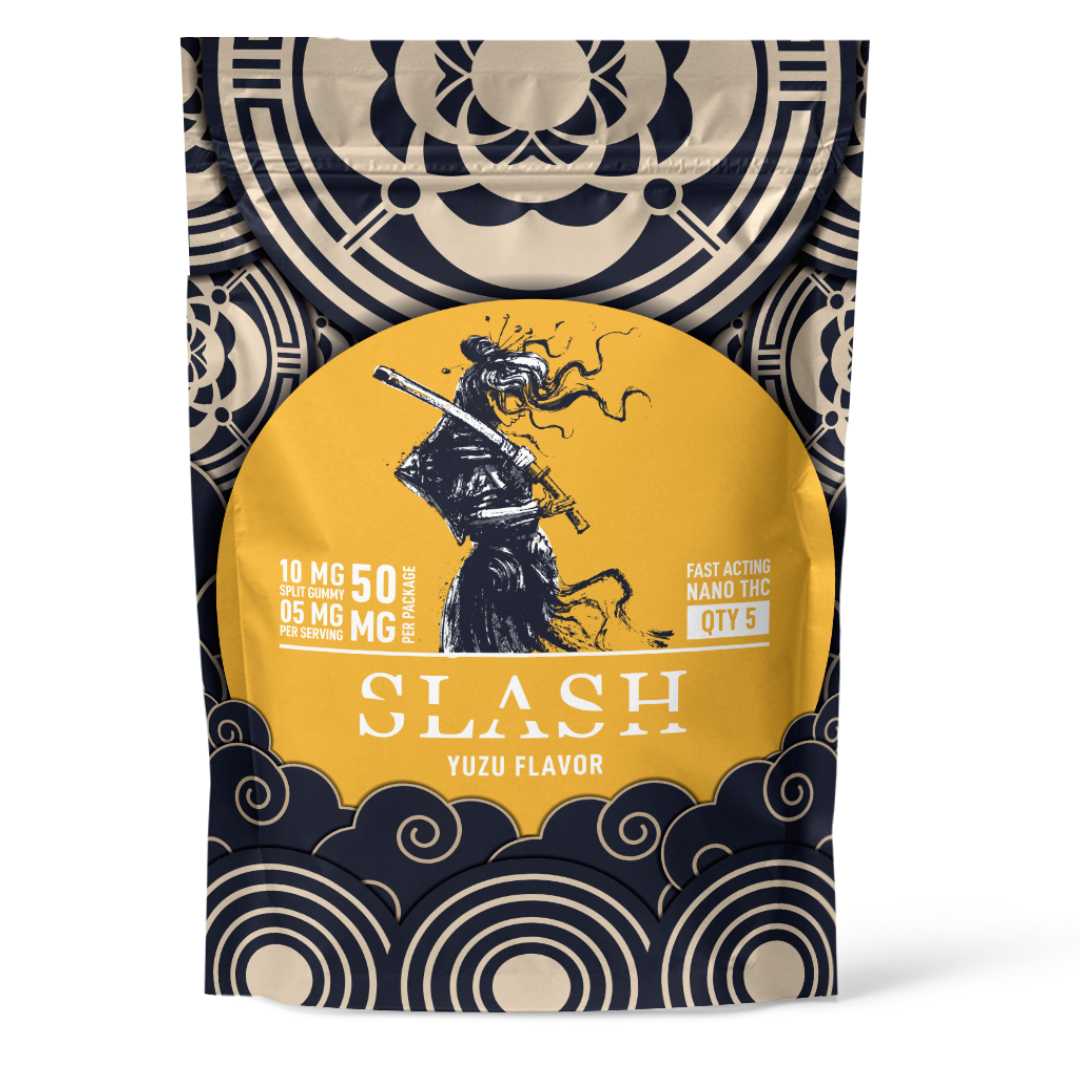

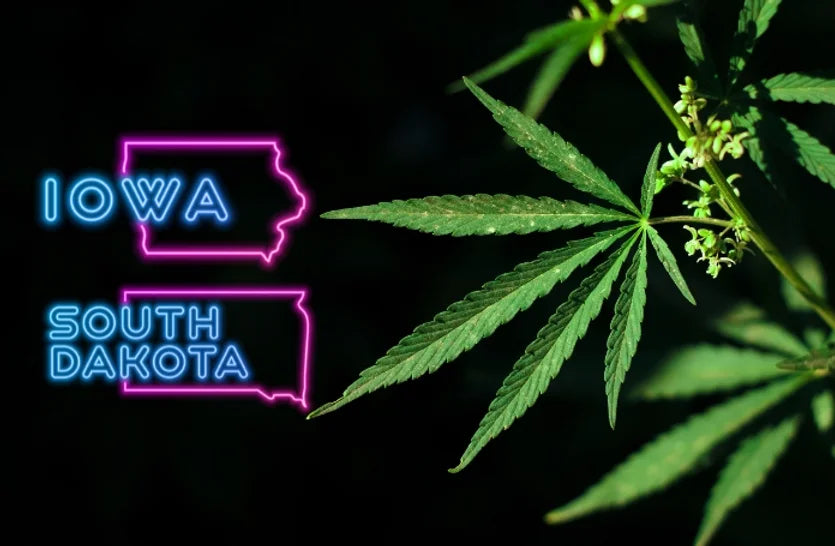

1 comment
rhha
How much of an industry will be left to promote once the dust from the Farm Bill and other state battles settle is an entirely different snow rider 3d question—one that will need answers sooner rather than later.
How much of an industry will be left to promote once the dust from the Farm Bill and other state battles settle is an entirely different snow rider 3d question—one that will need answers sooner rather than later.